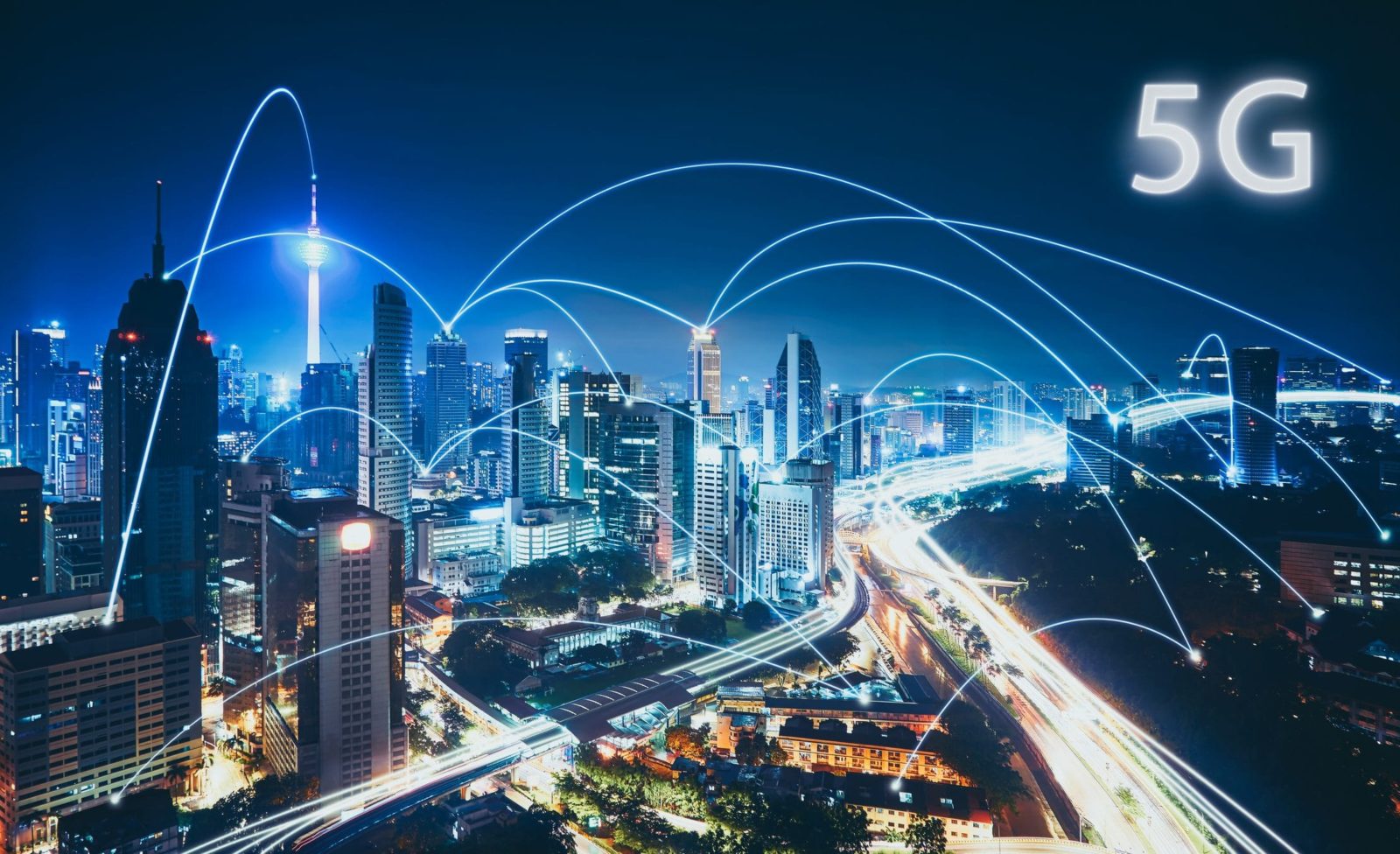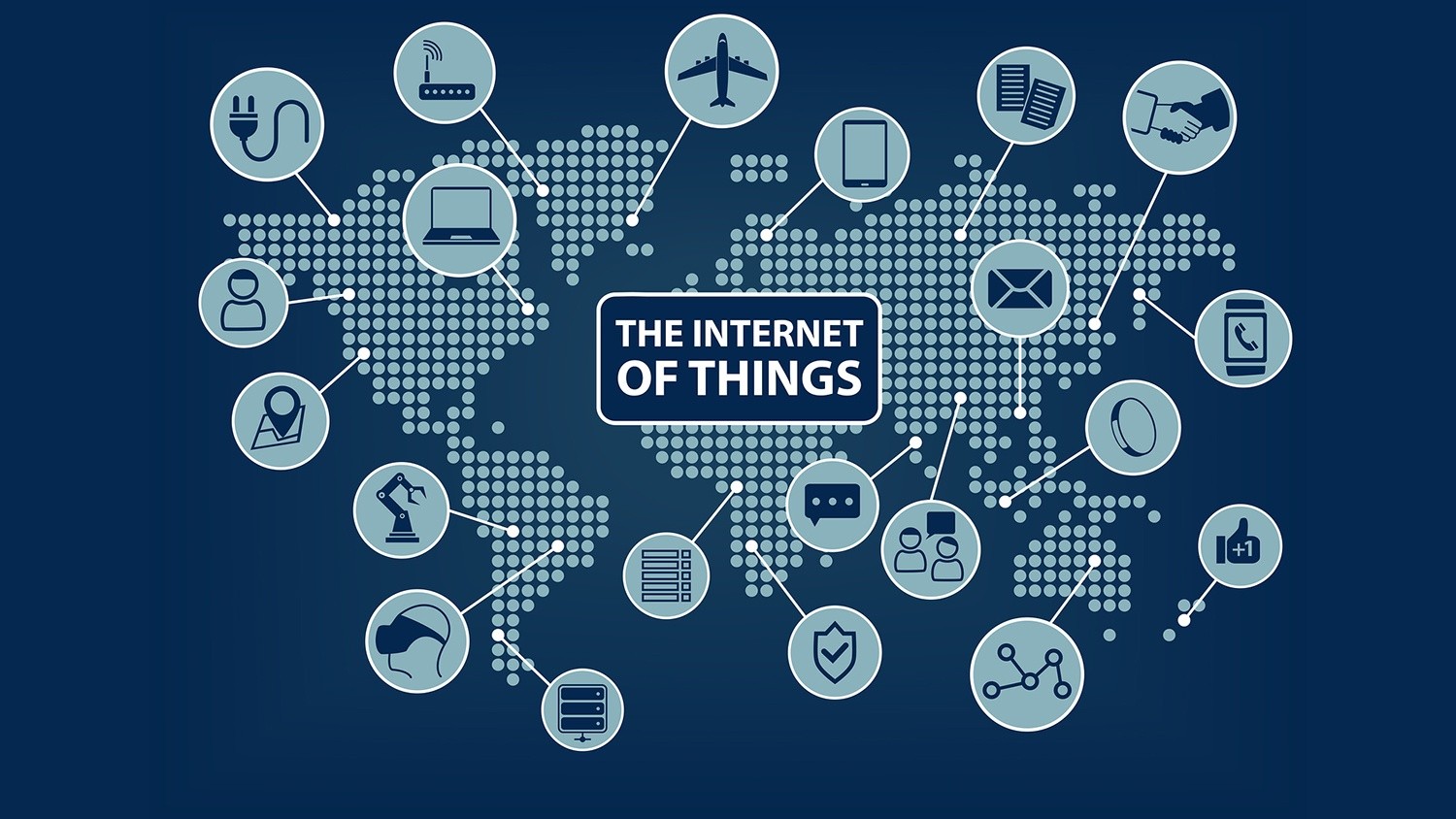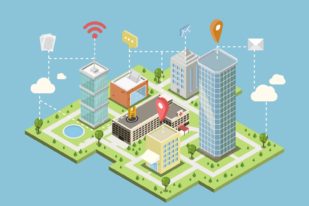It’s been really fascinating to stay abreast of the evolution of 5G, the Internet of Things (IoT), and blockchain as independent modern-day technologies. Undoubtedly, these are the three leading preeminent technologies that are destined to shape our future as well as the face of internet that will mostly be driven by algorithms.
As a result, it is difficult to look at 5G, IoT and blockchain just in terms of how the first two technologies influence the latter. This is down to the fact that all these three technologies have been developed to complement each other, with each technology influencing the other.
In such a scenario, it will be interesting to see what potential a direct merger of these three enticing technologies can bring in picture!
5G
5G, the latest cellular network technology, is perhaps the most prominent technology vibe sweeping the world at present. The world seems to be in a rush to jump on the 5G bandwagon. Laypeople and experts alike have waited for it patiently for a long time. While we’ll still have to wait till 2020 for seeing a worldwide 5G implementation, already, several enterprises have started developing their own provisions.

For instance, Verizon has already expanded its 5G coverage to around 19 American cities, with claims to add more cities to its tally by 2020.
5G technology’s implication is pretty much understandable, at least on a fundamental level. If the long-term evolution of 4G has been great, 5G is even greater: The newer cellular network technology has the potential to transmit data at whopping rate of 10 Gbps as compared to a rate of 100 Mbps as provided by 4G. As a result, it provides faster internet speeds, lower latency, and improved interconnection (i.e., the privilege to connect more than one device simultaneously).
These benefits put IoT devices at the forefront of 5G beneficiaries – low-powered and smaller devices in particular. Higher speed facilitates faster data transmission over networks. In addition, the improved interconnection potential means a network of connected IoT devices would be efficiently powered by the 5G technology.
The internet of things (IoT)
The IoT technology helps tangible objects of your daily use connect to the internet for transmitting data through algorithms, thereby serving the owners more efficiently. We are already witnessing a proliferation of smart gadgets such as TVs, vacuum cleaners, furniture items, and so on.

We already have smart homes that are altogether operated using built-in algorithms. According to the Fraunhofer Institute, smart home has the potential to save up to 40% on heating expenses.
At the same time, the concept of smart cities is not too far from being achieved. The idea of smart cities aims to reduce not just energy and emission expenses, but also to improve commute times by nearly 15-20% along with improving the emergency service response times by nearly 20-35% using intelligent roads.
As already discussed, 5G will offer a great avenue for these smart cities, smart homes, and several other smart gadgets to achieve their true potential.
Also, when we reach a level ground for smart gadgets, particularly smaller, low-powered devices to flourish, then IoT will get a massive surge. As it will, then, become easier to run these devices, and it will bring about an increase in the number of such devices as well as the number of people who adopt them.
We are now breathing in a world where it would be almost impossible to live as a human being if you do not use Internet. The UN, in fact, declared internet access as a human right in 2016.
However, while the alliance of IoT and 5G already promises to be like a dream come true, there are still several legit concerns, particularly when it comes to privacy and security. And that’s where blockchain comes into play.
The Blockchain technology
Despite a rapid surge in popularity of virtual currencies, a large number of people are still not very much familiar with virtual currencies such as Bitcoin, Litecoin, Swisscoin, Ethereum, and so on.

And then, even fewer of those who have heard these terms actually understand the technology powering these currencies: the Blockchain.
Basically, blockchain is a decentralized, peer-to-peer database platform that stores the blocks of transaction data linked to each other in chains, hence the name.
Blockchain’s decentralized nature implies that it is highly resistant to even the most severe security threats. The high-level of encryption offers superior and robust protection against hacking as compared to conventional client-server systems. As a result, the blockchain adds stringent protection, privacy, and security to online payments and transactions using a virtual currency.
In unison, 5G and IoT have a splendid potential; however, it can only be realized with the blockchain technology implementation.
While 5G offers an enhanced connectivity cover for a wide range of IoT transactions and devices, blockchain strengthens the security and makes sure the user data and transactions are protected.
And in reality, this trinity promises to create a robust domain as these three technologies work on to support and strengthen each other to perfection.
As such, the internet of skills is likely to get a massive boost with the implementation of blockchain. Already a surgeon in China has successfully performed the world’s first-ever remote brain surgery on a patient sitting many miles away using advanced robots. More such cases are likely to take place as the trinity of these three technologies provides the world a never-seen-before improvement in the delivery of healthcare services around the world.
For obvious reasons, enhanced security introduced by blockchain in the healthcare domain will make remote medical operations more secure than ever.
Also, the much-awaited 5G-powered increase in smart device adoption implies that the blockchain will help process more and more data seamlessly and securely. This massive chunk of data promises to be a driving force for the globalization in technology.
However, there are a few concerns about this trinity at present since blockchain can run across scalability issues when having to handle massive chunks of data. As such, the blockchain stores transaction and user data in blocked that are linked together in chains.
It already takes around 10 minutes to build each such block and, therefore, there can be a severe scalability issues when there will be a colossal amount of data to be processed since it will result in increasing the block size, thence causing higher response times.
Due to higher response times, while 5G will continue to provide the required speed for IoT devices, the integration with blockchain may lead to slower processing of transactions and user data. This is one of the most probable challenges of merging IoT and 5G with the blockchain technology, and a concrete solution to it doesn’t seem to be feasible at least at present.
Perhaps, improved 5G speeds or the introduction of a superior cellular network technology will be required to resolve the issue of slow data processing.
The bottom line
In conclusion, IoT, 5G, and blockchain all need and influence each other to flourish in today’s data-focused world. As there’s no stopping IoT and 5G now, we must hope that developers, engineers, and data scientists will find a way to fix or bypass the probable blockchain scalability issue to help these three technologies to work in tandem for shaping out tomorrow.

